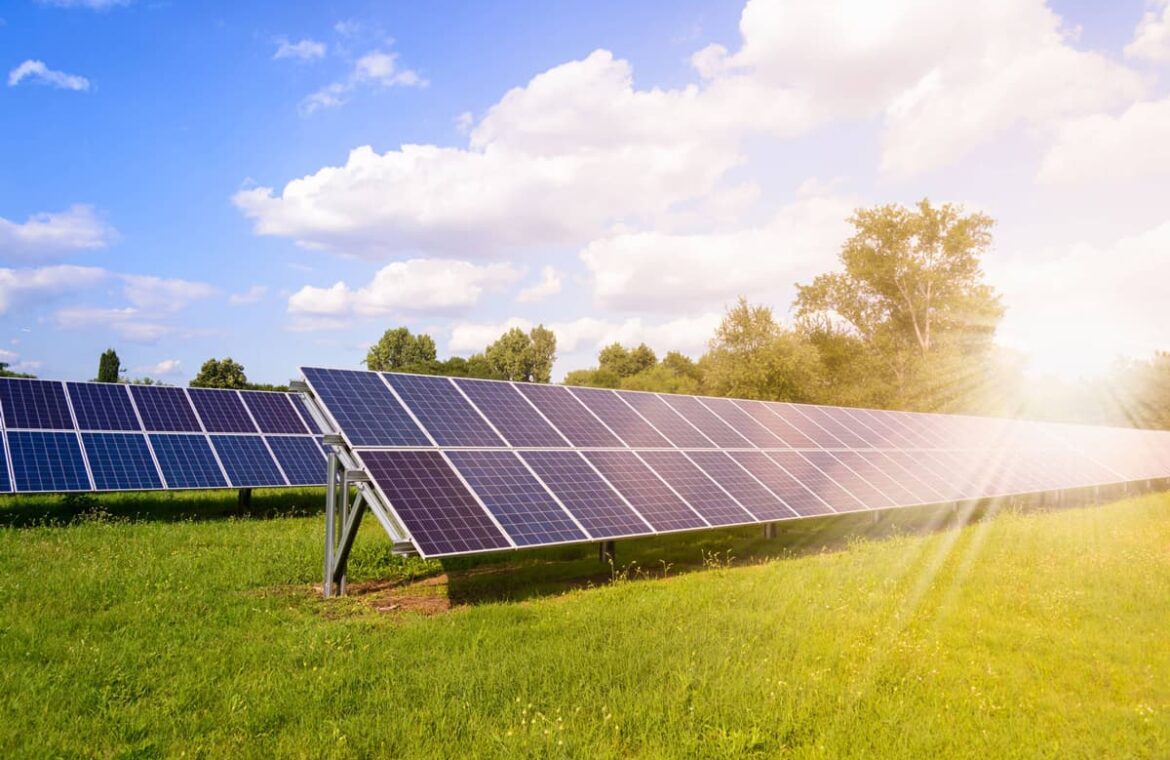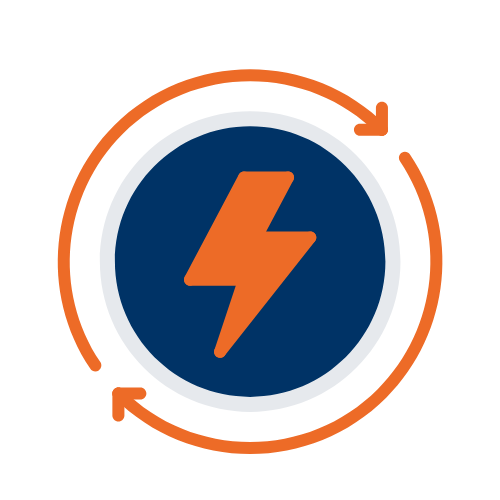
Solar Inverter (Hybrid System)
⚡ What is a Hybrid Solar Inverter?
A hybrid solar inverter is an advanced device that combines the functionalities of a solar inverter and a battery inverter into a single unit. It manages multiple power sources—solar panels, battery storage, and the electrical grid—to optimize energy usage, provide backup power, and increase energy independence. Think of it as the “brain” of a modern solar energy system, intelligently directing energy flow based on sunlight availability, electricity demand, and grid conditions.
🔧 How Hybrid Inverters Work: Key Functions
DC to AC Conversion:
Converts direct current (DC) generated by solar panels into alternating current (AC) for household appliances.
Battery Management:
Charges batteries with excess solar energy and discharges them when solar production is low (e.g., at night or during outages).
Grid Interaction:
Exports surplus energy to the grid (for credits) or imports grid power when solar/battery power is insufficient.
Backup Power Mode:
During grid outages, it automatically switches to island mode, powering critical loads from batteries/solar without interruption
🏆 Top Benefits of Hybrid Inverters
Energy Independence:
Reduce reliance on the grid by storing solar energy for later use. Ideal for regions with frequent power outages or unstable grids.
Cost Savings:
Maximize self-consumption of solar energy, reducing electricity bills. Some regions offer net metering credits for exported power.
Backup Power:
Provide uninterrupted power during blackouts, keeping essential appliances (e.g., refrigerators, lights) running.
Smart Energy Management:
Real-time monitoring via mobile apps to track energy production, consumption, and battery status.
Scalability:
Easily expandable for future upgrades, such as adding more solar panels or batteries.
Inverter
An inverter is a critical device in any solar energy system that converts Direct Current (DC) electricity generated by solar panels or stored in batteries into Alternating Current (AC) electricity, which is used to power household appliances, commercial equipment, and industrial machinery.
Battery
A solar battery stores excess energy generated by your solar panels for use when the sun isn’t shining—at night, during cloudy weather, or power outages. It’s the key to energy independence, backup power, and maximizing your solar investment.
Solar Panel
Solar panels (also known as photovoltaic (PV) modules) are devices that convert sunlight directly into electricity. They are the foundation of any solar energy system, enabling you to generate clean, renewable power for your home, business, or community.
Solar charge Controller
A solar charge controller is a critical device in any solar power system that regulates the voltage and current from solar panels to batteries, preventing overcharging, deep discharging, and ensuring efficient energy storage. It acts as a "gatekeeper" for your batteries, optimizing performance and extending their lifespan






